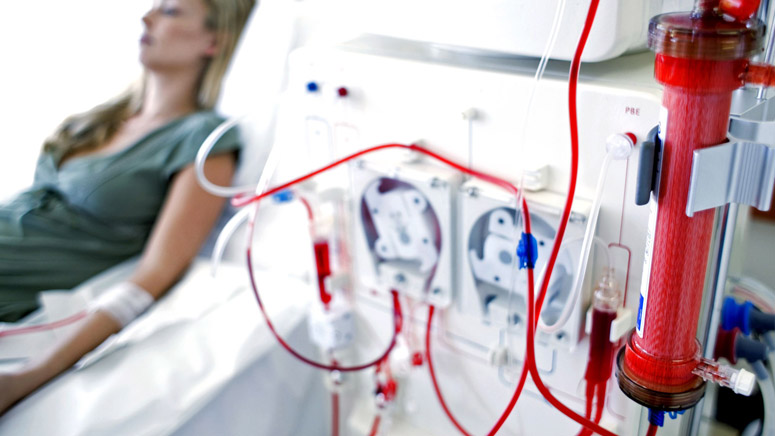What Are the High-Risk Groups of Hepatitis C Infection

- Drug users who inject drugs to their body or snort drugs. This includes those who have stopped doing so for many years.
- People living with HIV
- Patients who have been on long term hemodialysis
- Those who get tattoos in prison or any unhygienic setting.
- People who have received unscreened blood or blood products that have not been screened for Hepatitis virus.
- Health care workers including nurses, paramedics and others exposed to accidental needle pricks.
- Sexually active persons and those with multiple sexual partners
- Sex workers
- Children born to mothers infected with the Hepatitis C virus.
- People who always or persistently have elevated liver enzyme levels in their blood.
Because of how contagious this infection is and how important it is to commence treatment very early, screening for Hepatitis C is necessary for every person in the category mentioned above. [2] People who do not belong to any of the risk groups are also advised to go for routine screening for Hepatitis C. blood, and blood products are also screened routinely for Hepatitis C before they can be given to a patient.
Once diagnosed, Hepatitis C infection can be treated effectively using some drugs like Interferons, for example; Roferon-A, Infergen; Pegylated Interferons for example; Peg-Intron. Direct Acting Anti-viral agents are also used to treat Hepatitis C infection, and they help prevent the rapid multiplication of the virus. [3] They include; Ledipasvir, Sofosbuvir, Ombitasvir, Paritaprevir, Elbasvir, Grazoprevir, Glecaprevir, Pibrentasvir. Direct acting anti-viral agents are usually given in combination in order to achieve Sustained Viral Response (SVR) in a shorter period of time, and unlike interferons, they produce very few side effects, they are given orally, and they cure over 90% of patients who take them.
While treating Hepatitis C infection, the patient is advised to stay away from alcohol and activities like sexual activity, sharing of sharp objects and any other activity that may worsen the condition or enable the spread of the virus. It is also advisable to inform people who might have had direct contact with their body fluids so that they can get tested and treated as well.
If Hepatitis C infection is not diagnosed early enough, it can lead to the following complications:
- Skin conditions like Lichen planus and Porphyria cutanea tarda
- Diabetes
- Heart diseases
- Low platelet counts, leading to difficult blood clotting and prolonged bleeding time.
And when left untreated, it can progress to end-stage liver disease which is characterized by symptoms, including the appearance of spider veins on the skin, spleen enlargement, ascites and so on.
Reference:
[1] http://https//www.who.int/news-room/fact-sheets/detail/hepatitis-c
[2] http://https//www.cdc.gov/hepatitis/hcv/guidelinesc.htm
[3] http://https//www.webmd.com/hepatitis/understanding-hepatitis-c-treatment













